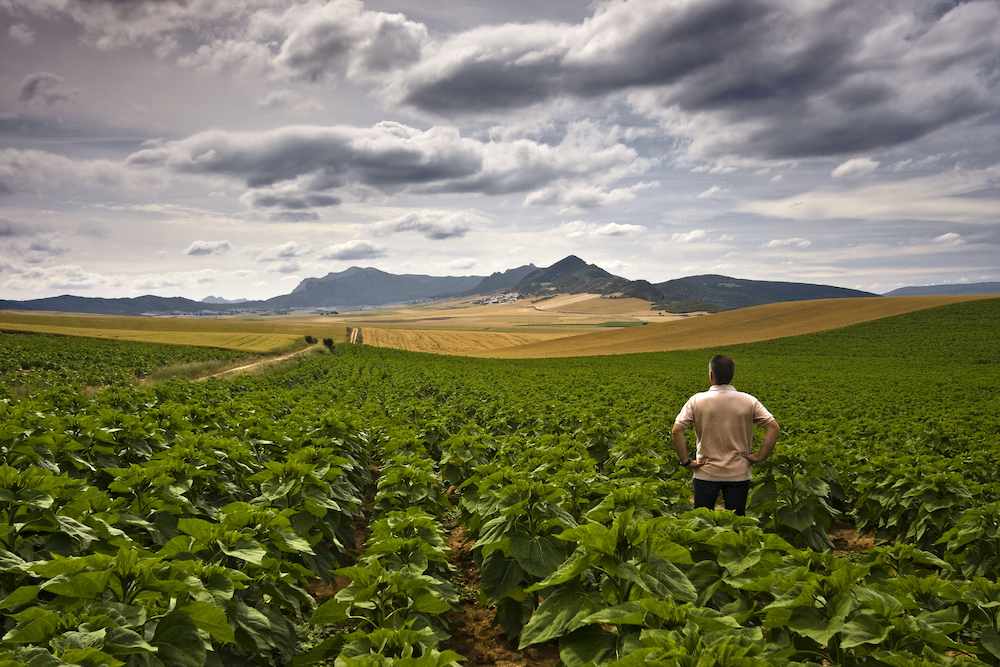Opinion: the food industry paradox between the U.S. and Peru

By Peruvian Agri Institute president Mario Salazar
 What happens when thousands of supermarkets literally throw out food that doesn't meet the standards of their shelves, such as appearance, proximity to the expiry date and freshness? Much of this food is healthy, such as fruit and vegetables, but at the same time you have a population that is involved in the greatest pandemic of this century - obesity. This has occurred because the poorest populations don't have access to healthy food, and buying a burger is cheaper than going to a supermarket to buy healthy food. I think you know what country I'm talking about - the U.S.
What happens when thousands of supermarkets literally throw out food that doesn't meet the standards of their shelves, such as appearance, proximity to the expiry date and freshness? Much of this food is healthy, such as fruit and vegetables, but at the same time you have a population that is involved in the greatest pandemic of this century - obesity. This has occurred because the poorest populations don't have access to healthy food, and buying a burger is cheaper than going to a supermarket to buy healthy food. I think you know what country I'm talking about - the U.S.
I have the privilege of taking part in agribusiness seminars that are organized every year at Harvard University in Boston, and one of the cases was the paradox between healthy food in supermarkets and the access of poorer populations to healthy food. Will the same happen to us in Peru? Have we prepared this country's entrepreneurs to give practical and workable solutions to these problems?
Around 5% of all products in supermarkets are rejected because of either the expiry date or problems such as bruises, tears or just the general appearance. But what is more surprising is that 11% of the produce section in supermarkets is scrapped either due to the high quality standards that U.S. consumers have, meaning the fruit or vegetables can't be exhibited on the shelves. I wonder whether we have the same wastage in our supermarkets in Peru? What can be said about the handling of waste in Peru, like in Santa Anita or La Parada, or those in the country's interior without the proper cold chains?
On the other hand, the correlation between poverty and obesity in the U.S. is direct; where there is more poverty there is more obesity. Where there are higher poverty levels there are people living far from their nearest supermarket but very close to fast food chains like McDonalds, Burger King and Pizza Hut, among others. As a result, instead of traveling on public transport and carrying the bags to their homes, people spend US$4 on a big mac or US$10 on a pizza and soda.
Is there a solution to this? Well, at least in all parts of the world there are entrepreneurs who do not expect their governments will solve their problems, but they do find a business opportunity. For example, former president of Trader Joe's Doug Rauch discussed in his seminar the creation of small groceries in poor neighborhoods, positioned close to people so that they can buy these foods that are safe for consumption at prices sometimes reduced by up to 75%, but are not wasted by the higher standards of appearance for fruit and vegetables that are in the supermarkets. He believes this will generate positive effects.
Firstly, it makes healthy food available to poor people at poor prices and as a consequence reduces the obesity rates of these populations.
Secondly, a lot of money is saved by not throwing out the 'waste' that is still suitable for human consumption.
Thirdly, it improves the percentage of food waste in a world with more and more people, which will soon reach 8 billion; no doubt, food will be scarce and that challenges us to be more efficient throughout the food chain.
Doug's idea is fantastic, but is still full of operational challenges in terms of the supply chain, marketing, economic issues with the groceries and inventory turnover. In analyzing this case, I thought about Peru and a number of questions arose:
What is happening with fresh produce waste in our country? Is anything being done with this waste? Our middle class has become increasingly wide in recent years, but does that mean our populations will be not be closer to unhealthy processed foods with high fat and sugar content?
Can entrepreneurs address these problems to generate dividends in business that will have a positive impact on nutritional health for our country? Could this be one way that our great and intelligent politicians can find a solution?








































